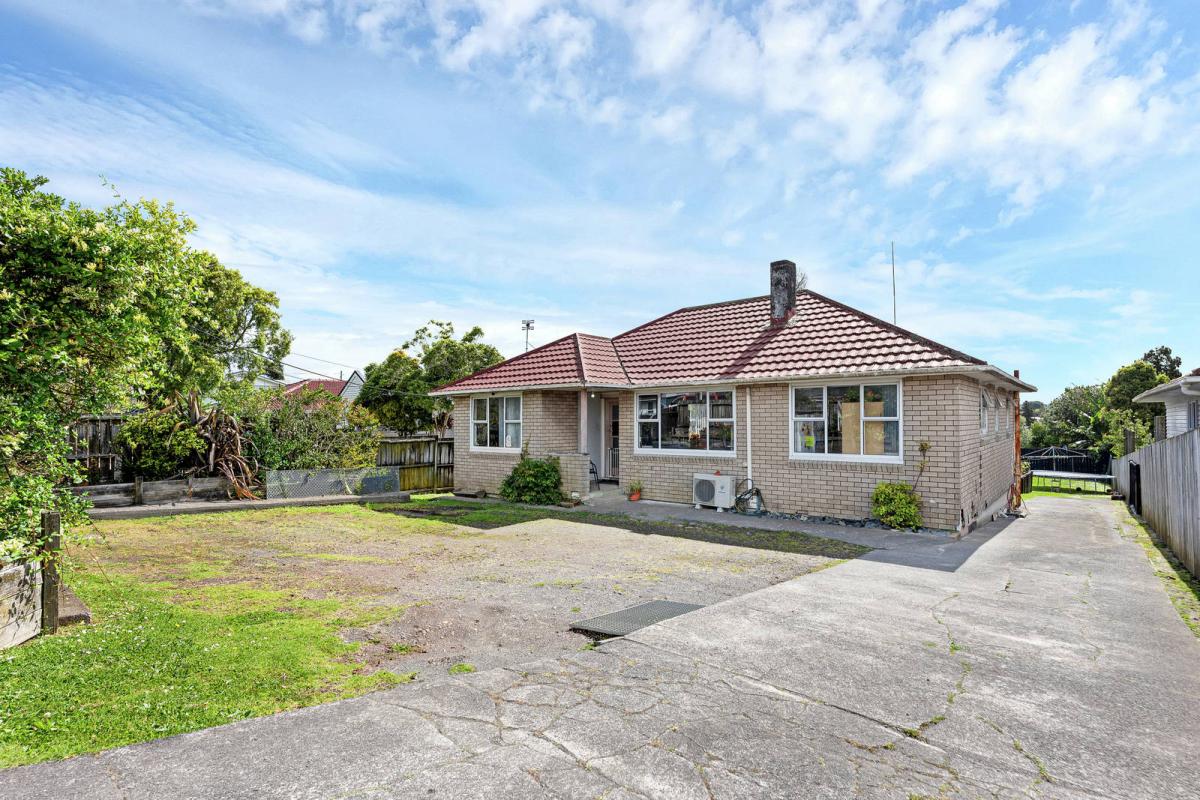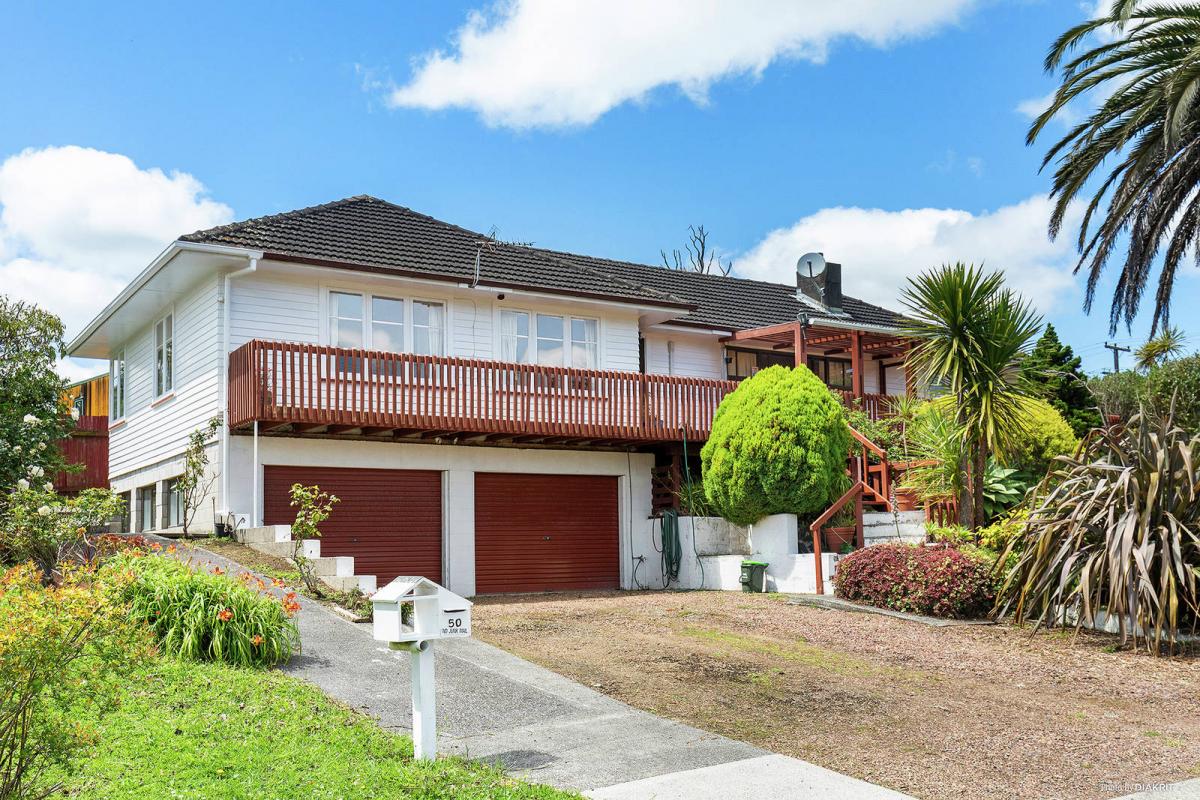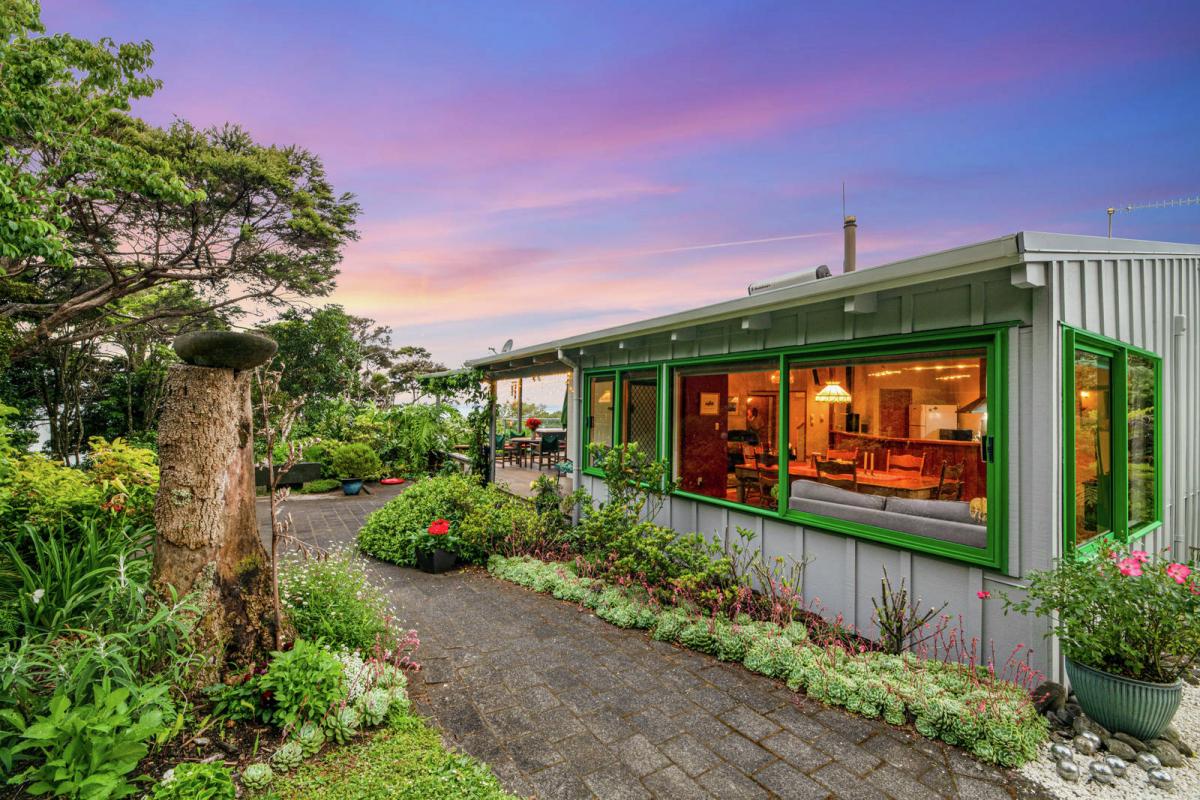The 2018 Census found nearly 40,000 homes were empty in Auckland, compared with 6000 more than five years ago.
Property investors who have left their houses empty could soon be asked by the Auckland Council to consider housing rough sleepers or people struggling to find an affordable rental. Auckland mayor Phil Goff says he has spoken to the Government and NGOs (non-governmental organisations) about how the thousands of "ghost houses" or vacant properties across the city could be used to help ease a housing shortage. Just over 7 per cent of Auckland's properties were vacant - which is high by international standards but includes properties where residents were out for the night. Goff has previously said he does not support a tax on vacant land or properties. But he is considering a different approach. "I have had discussions with Government and with Housing First around how houses left vacant longer term might be utilised for housing purposes with the agreement of their owners," he told. "This is currently a work in progress, and I hope in due course an initiative might be able to be announced around how we could incentivise owners of such properties to provide those houses for rental purposes." It was not known what the incentives could be. Under the Housing First programme, private landlords who lease their properties to homeless people get guaranteed rent through a housing supplier, which also covers any maintenance costs and arranges social services and support for the tenant. Auckland mayoral candidate John Tamihere told he would act on housing rough sleepers in empty houses if it was proven feasible.
"I would move on it because we're not going to build our way out of the problem in the short to medium term," he said. Tamihere raised concerns over how accurate the 2018 Census was in terms of there being 40,000 homes empty in Auckland. However, if he was elected mayor he would "absolutely" be prepared to investigate further into ghost houses and possible solutions for homelessness. Auckland Council estimates that there is a shortfall of 46,000 homes in the city and some have argued there should be penalties for people who deliberately leave homes empty rather than renting them out. A tax on vacant land and property is being considered as part of the Government's tax reforms. The Productivity Commission has been instructed to include it in its review of local government funding. However, Finance Minister Grant Robertson has been warned that such a tax is expensive to set up and is difficult to enforce. In Vancouver, owners of vacant homes are taxed 1 per cent of the house's value a year, as long as it is not their family home. The tax has been credited with a 15 per cent drop in the number of vacant properties. One of the obstacles to considering a similar tax in New Zealand is the absence of accurate data on how many properties are vacant for long periods. The Census 2018 figure of 40,000 homes includes properties of residents who were away on Census night, holiday homes, and homes which were being renovated. It is not known what portion of them are "ghost houses". Vector and the Ministry of Business, Innovation and Employment attempted to get more accurate data in 2015 by checking which houses were using minimal electricity for long periods. They found around 8000 homes - or 1.6 per cent of all dwellings - were unoccupied, meaning they had used less than 400W of power a day for 100 days or more. Most of them were in northern beach suburbs and Waiheke Island, which led the researchers to conclude they were holiday homes and baches.
A Watercare spokeswoman said it was not possible to do a similar study because its meters were not set up to measure zero water use. Any research would be complicated by blocks of flats with shared water meters or single properties with multiple meters, she said.
==========================================================
Poll: Do you think NZ should ban social media for youth?
The Australian Prime Minister has expressed plans to ban social media use for children.
This would make it illegal for under 16-year-olds to have accounts on platforms including TikTok, Instagram, Facebook and X.
Social media platforms would be tasked with ensuring children have no access (under-age children and their parents wouldn’t be penalised for breaching the age limit)
.
Do you think NZ should follow suit? Vote in our poll and share your thoughts below.

-
85.6% Yes
-
13.3% No
-
1.1% Other - I'll share below
What's your favourite recipe for courgettes?
Kia ora neighbours. If you've got a family recipe for courgettes, we'd love to see it and maybe publish it in our magazine. Send your recipe to mailbox@nzgardener.co.nz, and if we use it in the mag, you will receive a free copy of our January 2025 issue.

Need Help with Moving a Bed
Hi Everyone. Is there someone that can help me move a queen size bed from East Auckland (Cockle Bay) to Ranui.
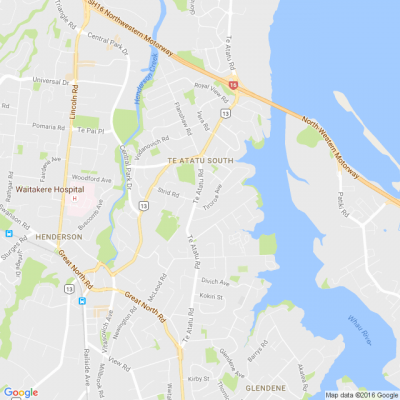
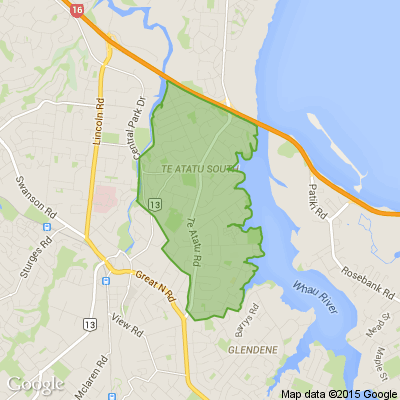





 Loading…
Loading…




